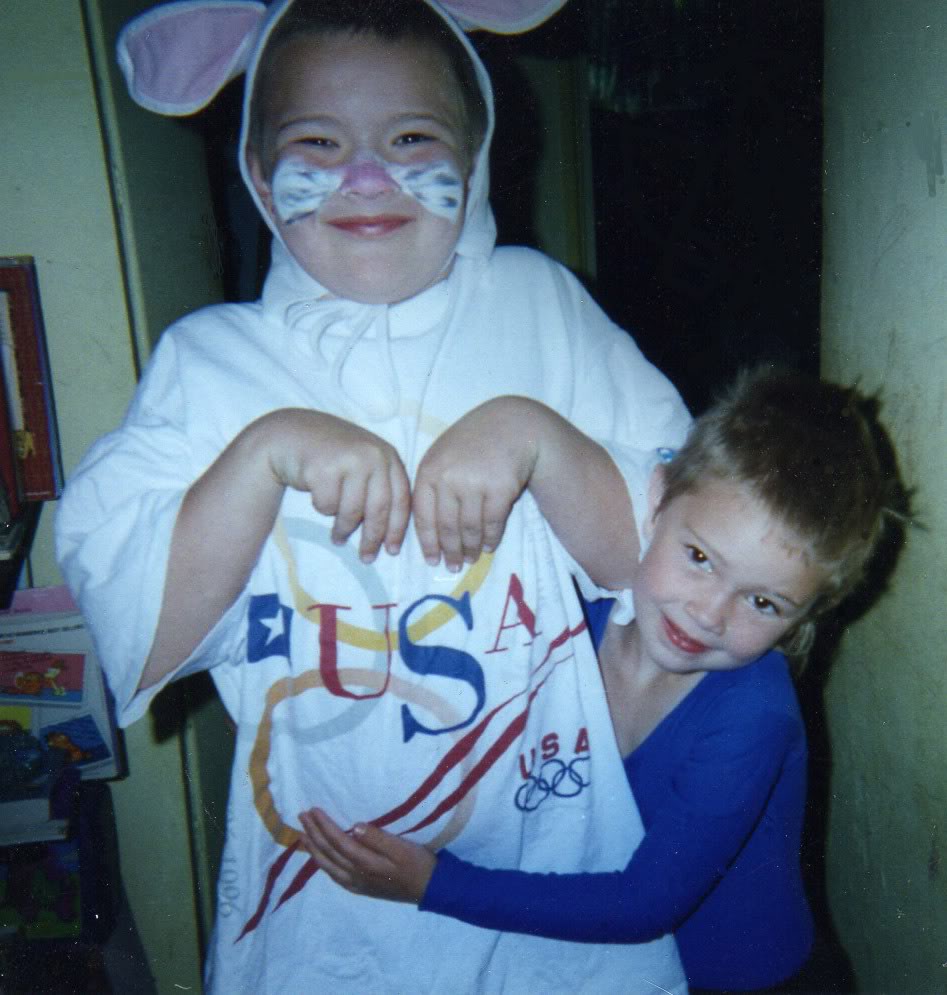
Joyce Fetteroll wrote:
It's the essence of every story: The protagonist has a need. He finds ways around what stands between him and what he needs.
Rather than being an obstacle, be his partner in meeting his needs. Be the one keeping an eye on the needs of those around him as you find respectful, safe, doable ways for him to meet his needs. Be the one manipulating the environment so he's not in a situation he can't handle yet.
—Joyce Fetteroll
photo by Ashlee Dodd, of Marty and Ivan

















